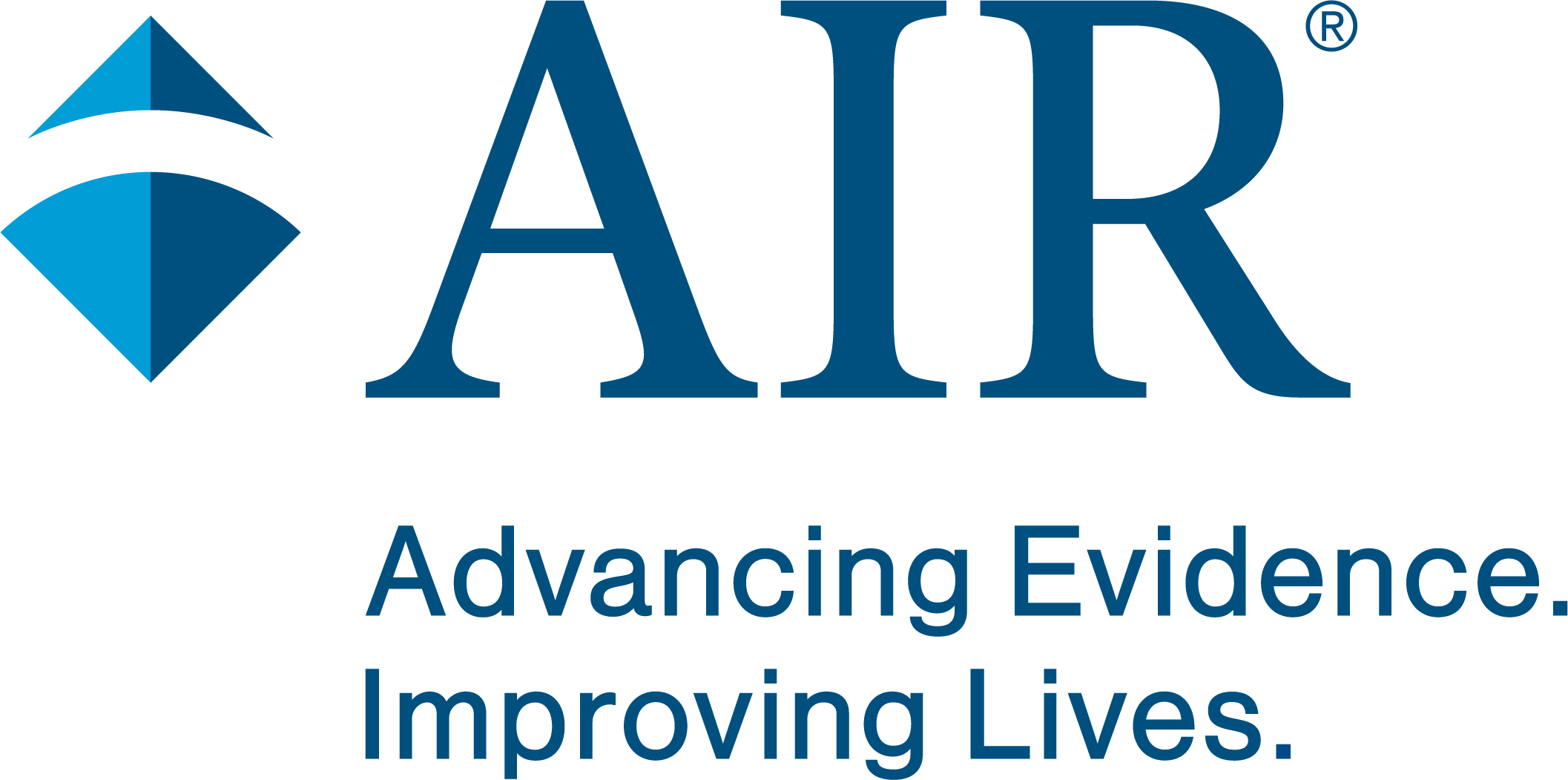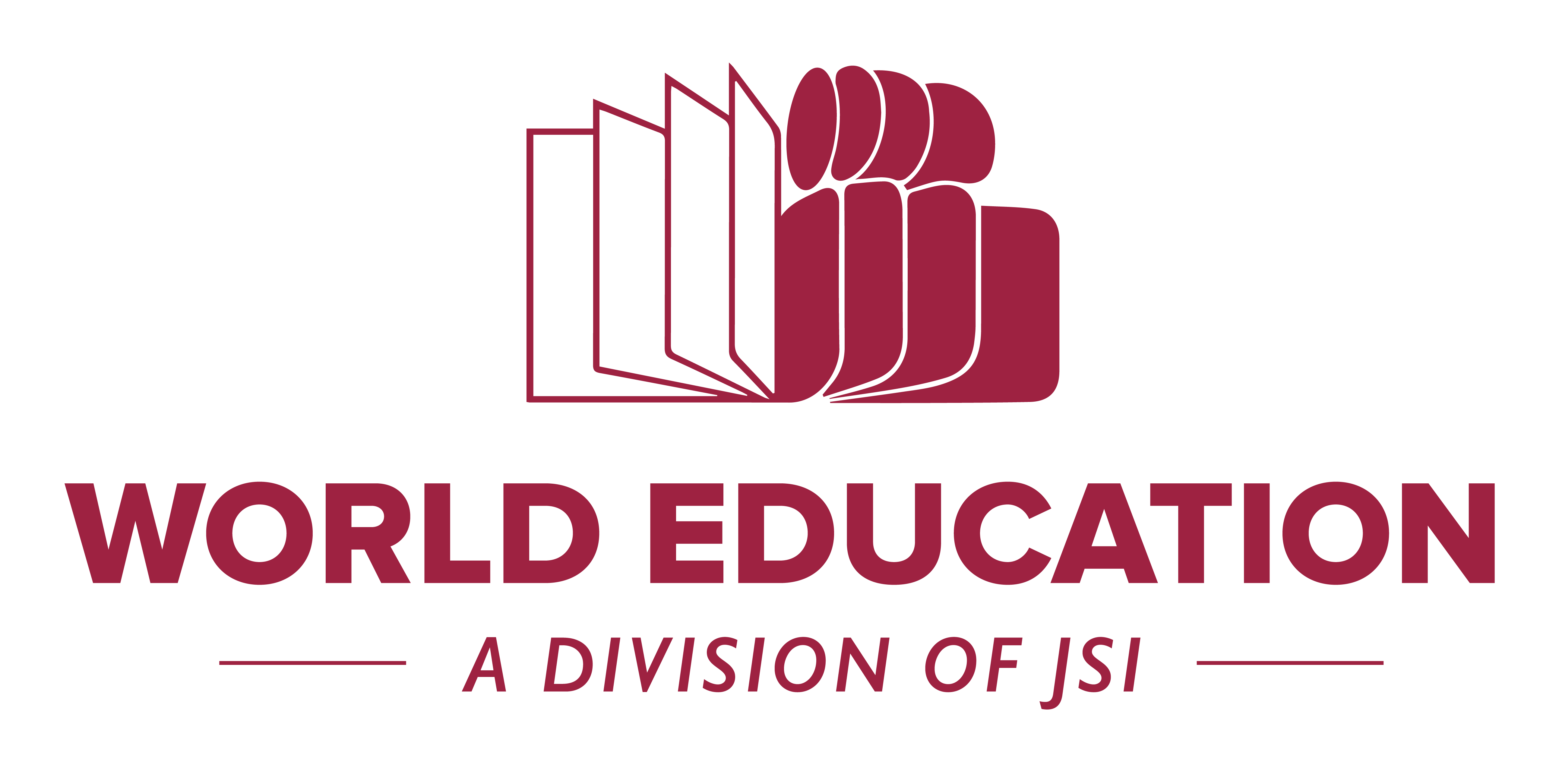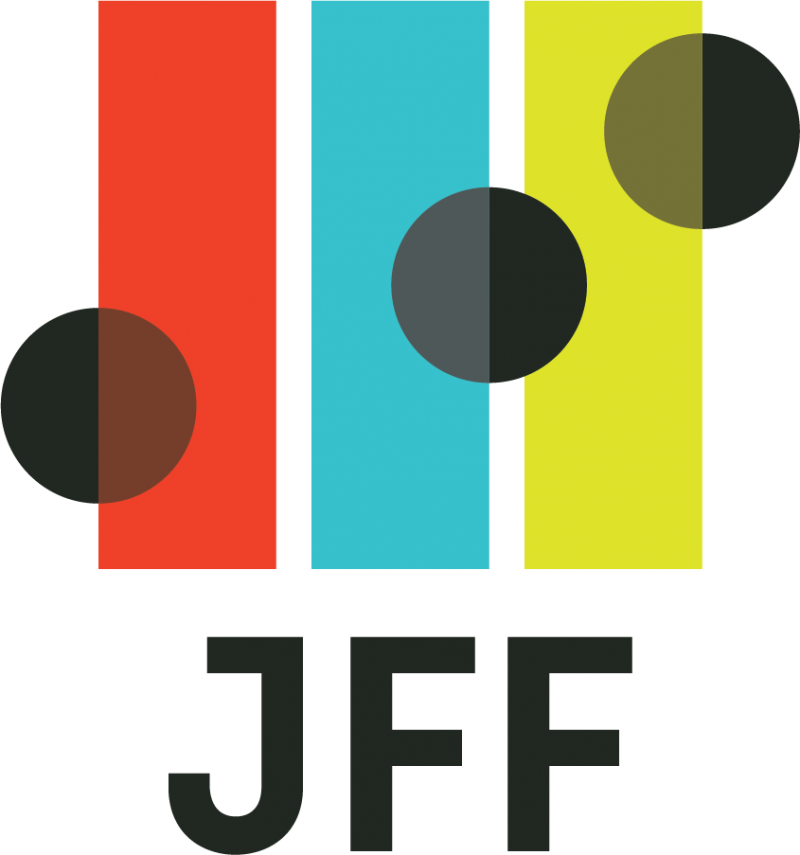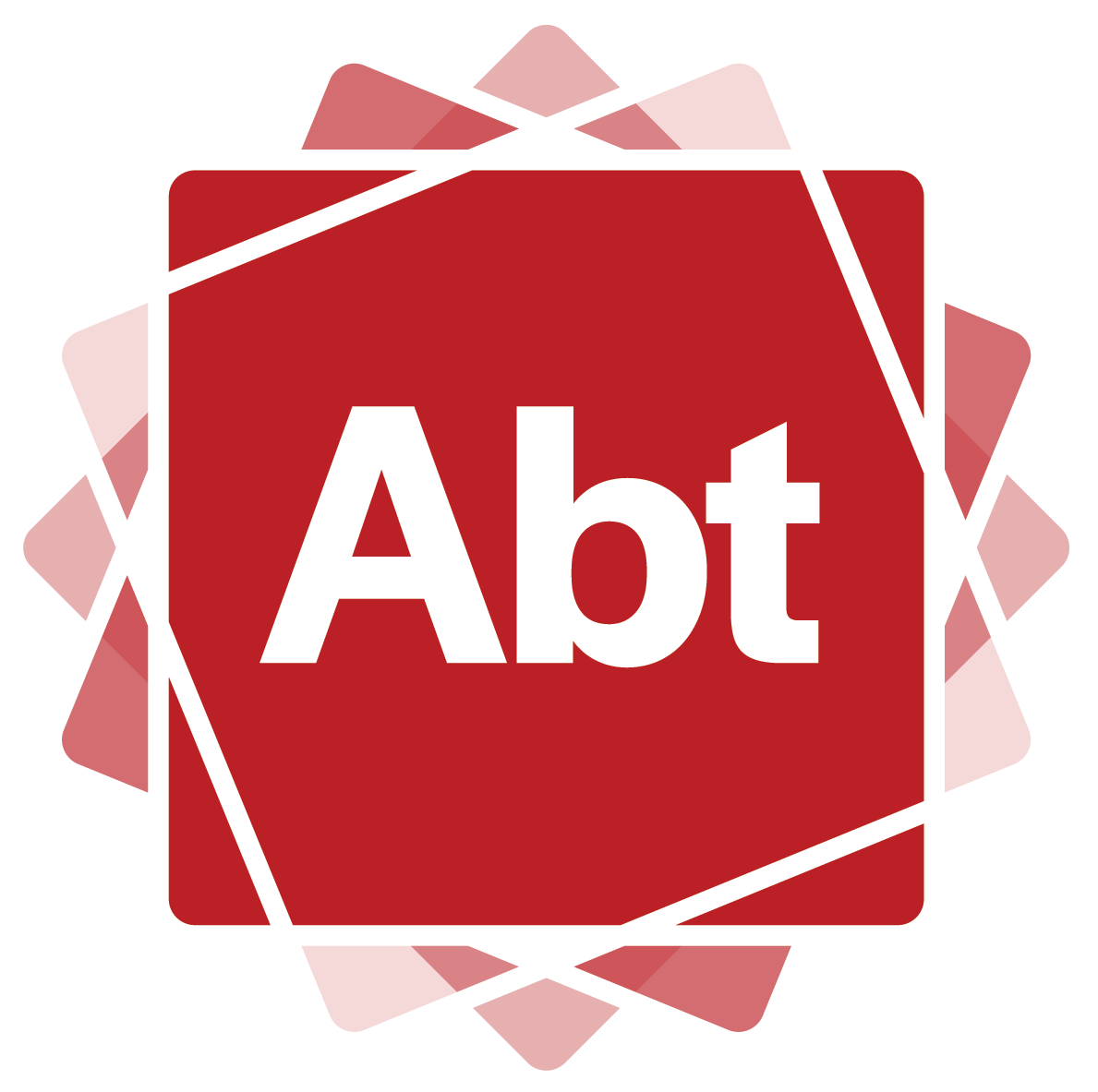Displaying results 1 - 10 of 33
Blog
Using a DEIA-Informed Approach Improves Curriculum Development for Adult Learners
Posted on
Dr. Christine Miller and Dr. Daphne Greenberg
Researchers put a lot of effort into ensuring that the content of a curriculum aligns with theory and previous scholarship. However, content issues should not be the only consideration. Diversity, inclusion, equity, and access (DEIA) issues need to also be addressed. The best intended curriculum will be unsuccessful if it fails to address the heterogeneity of adult learners, instructors, and settings. The goal of the W-AE (Writing in Adult Education) project is to develop and try out a technology-based…
Blog
What do Immigrant and Refugee ELLs Say About Their Experiences?
Posted on
by Aydin Durgunoglu and Erin CaryAccording to the UNHCR (United Nations High Commissioner for Refugees), 108.4 million people worldwide were forcibly displaced as of late 2022 (https://www.unhcr.org/us/). Although these statistics help illustrate the incredible scale of this problem, it is also important to understand how it is affecting individuals and their families. Recently, we have completed a small-scale implementation of our CILIA-T curriculum with approximately 50 adult English learners in four classrooms. The students came from various…
Blog
Educator Spotlight for Teacher Appreciation Week: Jill Ashley-Grochowski and Steve Hunt’s Experiences Piloting the CILIA-T Curriculum
Posted on
CILIA-T, or “Content-Integrated Language Instruction for Adults with Technology Support”, is a full intermediate/advanced adult ELL curriculum that integrates U.S. history, civics and government content as well as digital skill-building. The curriculum, which is part of the CREATE Network, is completing its third year of development under a team including adult ELL and technology educators, literacy experts and content scholars. A draft of the CILIA-T curriculum is currently being piloted in four adult education classrooms by experienced teachers in Minnesota.…
Blog
Adult Learning and Education in Digital Environments: Learning From Global Efforts to Promote Digital Literacy and Basic Skills of Vulnerable Populations
Posted on
Adult Learning and Education in Digital Environments: Learning From Global Efforts to Promote Digital Literacy and Basic Skills of Vulnerable PopulationsAuthor: Judy A. Alamprese, MAJournal: Adult Learning, Volume 35, Issue 2AbstractThe pervasive role of digital technologies in adult learning and education (ALE) was a prominent theme throughout the deliberations of the Seventh International Conference on Adult Education (CONFINTEA VII) held June 15-17, 2022 in Morocco. CONFINTEA VII embodied the worldwide interest in digital technologies through the use of a…
Blog
Research Updates from the TSTM-SkillBlox Instructional Support Pilot Team
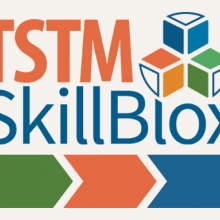
Posted on
Recently, SkillBlox was updated to include over 1,000 new activities in four new subject areas, along with a number of new features designed to ease the process of sharing and adapting SkillBlox created by other users. But what led to these updates over others? In Designing in the Open: Building Free Software, Blox by Blox, the TSTM-SkillBlox team describes the invention and building of the free, open education resource (OER) platform. The team shares early insights gleaned as they’ve worked to build a sustainable, equitable open education ecosystem…
Blog
Improving Adult Skills Education: Early Findings to Inform the Teaching Skills That Matter (TSTM)-SkillBlox Instructional Support Pilot
Posted on
The TSTM-SkillBlox Instructional Support Pilot is exploring how the TSTM instructional framework, delivered through the SkillBlox online platform, can improve technology-enabled adult skills instruction. We launched the first component of the pilot, an implementation study of TSTM, in Fall of 2021 to explore the needs and experiences of teachers who are aligning their instructional practices with TSTM. We found promising practices and identified obstacles to inform development of SkillBlox that supports TSTM…
Blog
CREATE Shares Their Rubric for Technical Assistance Evaluation!

Posted on
The digital technology landscape is constantly evolving. To sustain provision of innovative and quality instruction that prepares adult learners to use digital technologies in schooling and work, adult education program leaders and teachers must continuously evolve in the way they make use of digital technologies in their programming. This can be a dizzying challenge as practitioners and program leaders may feel they have insufficient experience and confidence to make choices about what technology to use, when to use it, and for what purpose. Quality technical…
Blog
Information Request from NCER for Potential Program

Posted on
The National Center for Education Research (NCER), a center within the Institute of Education Sciences (IES), is seeking insight to guide its efforts to fund quick-turnaround high-reward, scalable solutions intended to improve education outcomes for all students.
This RFI is focused on a proposed new program called “From Seedlings to Scale” (S2S). IES is considering a three-phase investment strategy for S2S to support transformative ideas as they grow from seedlings to scalable solutions. As proposed, S2S would focus on high quality research, robust…
Blog
CREATE Launches its Edtech Technical Assistance Library
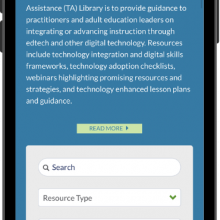
Posted on
The Create Adult Skills Network is excited to announce the launch of the Edtech Technical Assistance Library. The TA Library, carefully developed by World Education, is a compilation of technical assistance resources designed to help adult education leaders and practitioners plan and implement instruction utilizing educational technology. The resources in the TA Library are organized in the following categories. These categories mirror types of tasks for which teachers use digital technologies and for which teachers might seek assistance:
Planning technology…
Blog
New Podcast Episode - AI in Adult Education
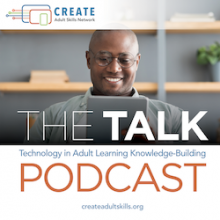
Posted on
In the latest episode of the TALK Podcast, we continue our focus on generative AI and implications of this emerging technology on the adult education field. We explore practical use cases of generative AI, including assessment and research applications.
The guests for this episode are Javier Suarez-Alvarez, Associate Professor from the University of Massachusetts at Amherst and Project Director of the Adult Skills Assessment Program (funded by IES) since its inception in 2021 and Aaron Heuser, Managing Director of the Data Science and Advanced Analytics Group…



